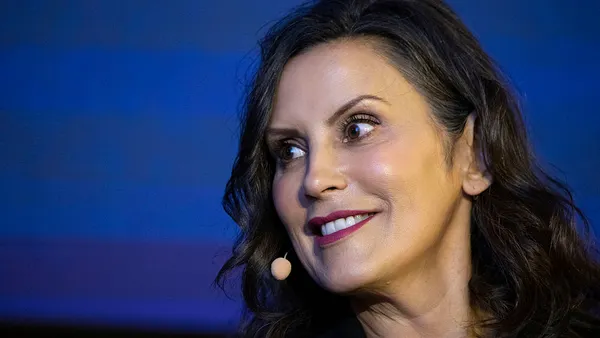Dive Brief:
- The University of Utah’s trustee board approved plans Tuesday to discontinue 81 courses and degree programs in response to a new state law ordering public colleges to cut funding for certain academic offerings and administrative functions and invest in high-demand fields.
- The programs up for elimination range from a bachelor’s in chemistry teaching to a Ph.D. in theater. Most of them are graduate programs, and about one-quarter are in the university’s humanities college. The programs can be discontinued once the Utah System of Higher Education and state lawmakers sign off on the plan, according to a Tuesday announcement from the university.
- Each of the programs graduated at most one student over the past eight years, Richard Preiss, president of the university’s Academic Senate, said in a July 22 letter to the board. Students in affected programs will either be given pathways to complete their studies or referred to “academically appropriate alternatives,” the university said.
Dive Insight:
Earlier this year, Utah lawmakers cut 10% from the instruction budgets for each of the state’s eight public colleges, The Salt Lake Tribune reported. The cuts amounted to $60.5 million, with University of Utah facing the largest budget reduction of $19.6 million.
To reclaim the funding, the legislation orders colleges to craft three-year plans for cutting certain academic programs and administrative expenses and redirecting the money to high-demand programs.
In guidance released earlier this year, the Utah System of Higher Education said the funds could be reinvested in programs that meet the state’s workforce needs, lead to high-wage careers, teach students “durable skills” such as critical thinking and problem-solving, or focus on services to increase student retention.
The law came on the heels of a 2024 legislative audit that said the state’s public universities were losing students to “private non-traditional” colleges, such as Western Governors University, a large online institution. The audit also found that university leaders largely weren’t able to calculate program-level data about costs, enrollment and completion rates.
“Because institutions currently lack metrics required to calculate program-level efficiencies — including returns on investment — presidents are unable to fully understand the degree to which programs maximize their use of student and taxpayer resources,” the audit stated.
The University of Utah submitted a draft of its three-year plan to the state’s higher education board in May.
Under the plan, the university said it would cut $7.5 million from its fiscal 2026 budget— including reductions in academic support services and administrative costs — and reallocate that money to instruction aligned with the state’s workforce needs.
The university said it plans to devote more money to instruction in engineering, artificial intelligence, nursing, biotechnology and behavioral health, as well as to provide more support for general education about civic engagement.
Utah lawmakers aren’t the only ones ordering public colleges to shed certain programs. Six of Indiana’s public institutions are moving to either cut or consolidate over 400 programs to comply with a new state law aiming to end academic offerings that award low numbers of degrees.
The impacted programs account for 19% of all degree offerings at Indiana’s public colleges.












